Efficiency at Bechamp Dak Nong Cooperative
Bechamp Dak Nong Organic Agricultural Cooperative in Truong Xuan Commune, Dak Song District was established in 2021 with 8 members. Since its inception, the cooperative has focused on developing organic agricultural products.
Mr. Ha Cong Xa, Director of Bechamp Dak Nong Cooperative, said that in recent years, the Cooperative has applied organic farming techniques to improve production efficiency, reduce investment costs and protect public health.
One of the notable initiatives of the cooperative is the application of the method of composting organic fertilizers and pesticides to take care of crops. This method helps farmers save costs, limit the use of chemical fertilizers, and at the same time improve the quality of agricultural products.

Over the past 3 years, the cooperative has organized 11 training courses on techniques for self-producing organic fertilizers and biological pesticides to care for crops for over 700 farmers.
One of the members with a lot of experience in applying organic agriculture is Mr. Nguyen Van Thuy. Mr. Thuy shared that he had never thought of making his own fertilizer before.
However, when joining the cooperative, he learned how to compost and make biological products from agricultural waste and noticed a clear change in production efficiency.
He is currently taking care of 3 hectares of coffee and 700 pepper plants in the commercial stage using organic methods with quite high productivity. Each year, he harvests about 8.5 tons of coffee beans and 3 tons of pepper.

Bechamp Dak Nong Cooperative not only focuses on production but also focuses on training and sharing techniques with farmers in the province.
Members with experience in organic farming are willing to be "lecturers" and provide free guidance to other farmers. The combination of theory and practice in the garden helps people easily absorb and apply in practice.
Over the past 3 years, the cooperative has become a learning destination for over 1,500 farmers about organic farming, fertilizer production techniques, and microbial pesticides.
Ms. Le Hoang Yen in Nam N'Jang commune, Dak Song district, has 2 hectares of fruit trees. She is very excited to know that the raw materials for making fertilizers and biological pesticides are available locally such as papaya, avocado, banana, sugarcane, rice bran, shrimp, crab, fish, garlic, ginger, etc.
These materials are all available in farmers’ gardens and can be utilized. She also uses yogurt, agricultural waste such as coffee husks, grass, etc. to compost into bio-fertilizer.

Currently, the cooperative has 44 members, of which 35 members are organic farmers, the rest are managers, scientists and entrepreneurs.
The total production area of the cooperative members is currently 120 hectares, including coffee, pepper, and fruit trees. Of which, the cooperative has over 18.2 hectares of coffee certified as organic in Vietnam and 70 hectares of coffee being produced in an organic direction.
Mr. Ha Cong Xa, Director of Bechamp Dak Nong Cooperative, a member of the cooperative, composts his own fertilizers and biological pesticides for crops, which can reduce costs by 10 - 20 million VND/ha compared to conventional production.
Limit and prevent poor quality fertilizers
For many years now, many farmers in Dak Nong have switched to ecological, organic agricultural production by producing their own fertilizers to care for their crops.
Mr. Phan Hoang Lam in Dak R'tih commune, Tuy Duc district said that after studying, he produced organic fertilizer to take care of 10 hectares of coffee, pepper, and fruit trees.
For the past 3 years, he has been using composted fertilizer, and coffee still has a stable yield of 3.5-4 tons/ha; pepper has a yield of 3-4kg/tree. The family lives in a garden but the living environment is still clean.

Mr. Dang Tan Huynh, Nhan Co commune, Dak R'lap district shared: "I realized that the overuse of chemical fertilizers seriously affects the quality of pepper. Therefore, since 2016, I and other farmers in the area have chosen organic pepper production techniques and established Dong Thuan Organic Pepper Cooperative."
Nhan Co farmers use manure from raising goats, cows, pigs, peanut residue, bananas, coffee husks and watered with activated trichoderma mushrooms... to make organic fertilizer.
After about 6 months, the households took care of more than 100 hectares of pepper, with a yield of 3-4 tons/ha/year. Currently, the products serve the domestic market and are exported to Europe.

Many other households have also chosen to produce their own organic fertilizers. Ms. Truong Thi Hanh, Nghia Trung Ward, Gia Nghia City said: “I learned composting techniques by utilizing raw materials to produce organic fertilizers for plant care, helping to reduce costs, increase crop efficiency and protect the environment.”
Mr. Ho Gam, Chairman of Dak Nong Farmers' Association, said that organic fertilizer is an indispensable and very necessary ingredient for current agricultural cultivation.
In the old days, when science was not yet developed, people cut grass, composted manure, sprinkled lime... as fertilizer. Organic fertilizer makes the soil loose and rich in nutrients. Healthy soil has fewer pests and diseases, providing adequate nutrients for plants.

If farmers overuse chemical fertilizers, the soil will become inert, acidic, and barren, making it difficult for plants to absorb nutrients. Microorganisms in the soil can survive on organic fertilizers.
In previous years, pepper, coffee and other agricultural products prices dropped. Many farmers did not have enough money to invest in chemical fertilizers, so they increased the production of organic fertilizers to care for their crops.

“Since 2006, we have guided farmers in Dak Song and Dak R'lap districts to apply trichoderma treatment to compost coffee husks and agricultural residues to make organic fertilizer. Later, people used a lot of chemical fertilizers, causing the soil to die. When they realized the shortcomings, farmers began to focus on producing organic fertilizers themselves,” said Mr. Gam.

According to Mr. Gam, many farmers in Dak Nong make their own organic fertilizers to take care of their crops, creating a movement that contributes to improving the quality of agricultural products. This is an important step forward for the agricultural sector.
Source: https://baodaknong.vn/tu-san-xuat-phan-huu-co-do-lo-phan-bon-dom-233951.html


![[Photo] Capital's youth enthusiastically practice firefighting and water rescue skills](https://vstatic.vietnam.vn/vietnam/resource/IMAGE/2025/4/3/3f8481675271488abc7b9422a9357ada)


![[Photo] Ho Chi Minh City speeds up sidewalk repair work before April 30 holiday](https://vstatic.vietnam.vn/vietnam/resource/IMAGE/2025/4/3/17f78833a36f4ba5a9bae215703da710)




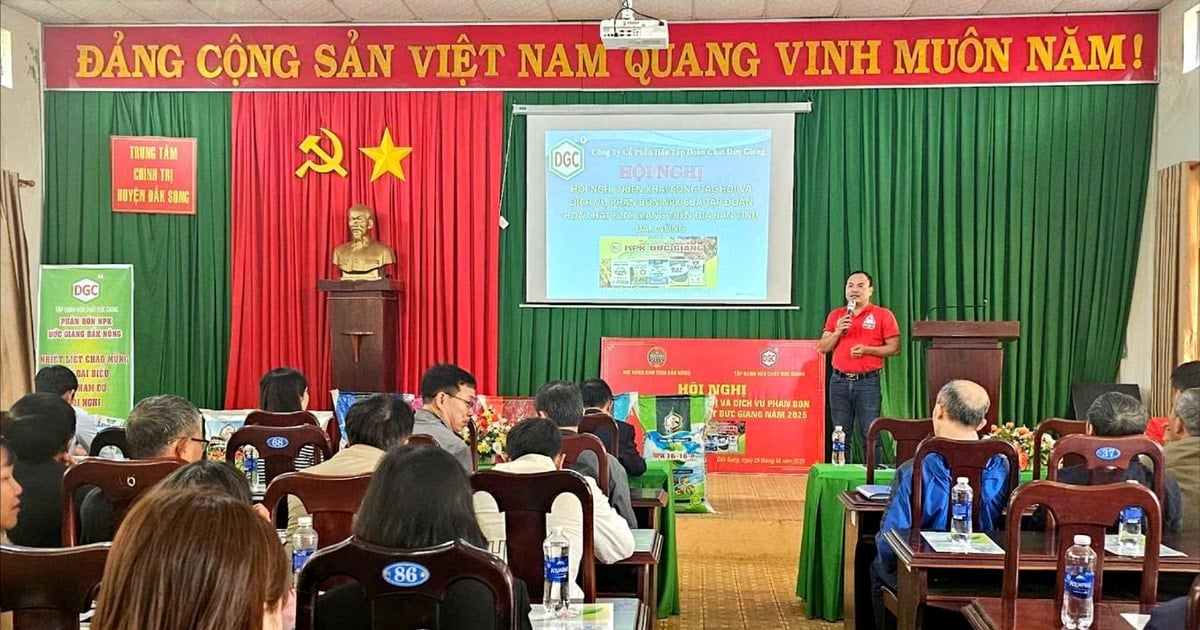
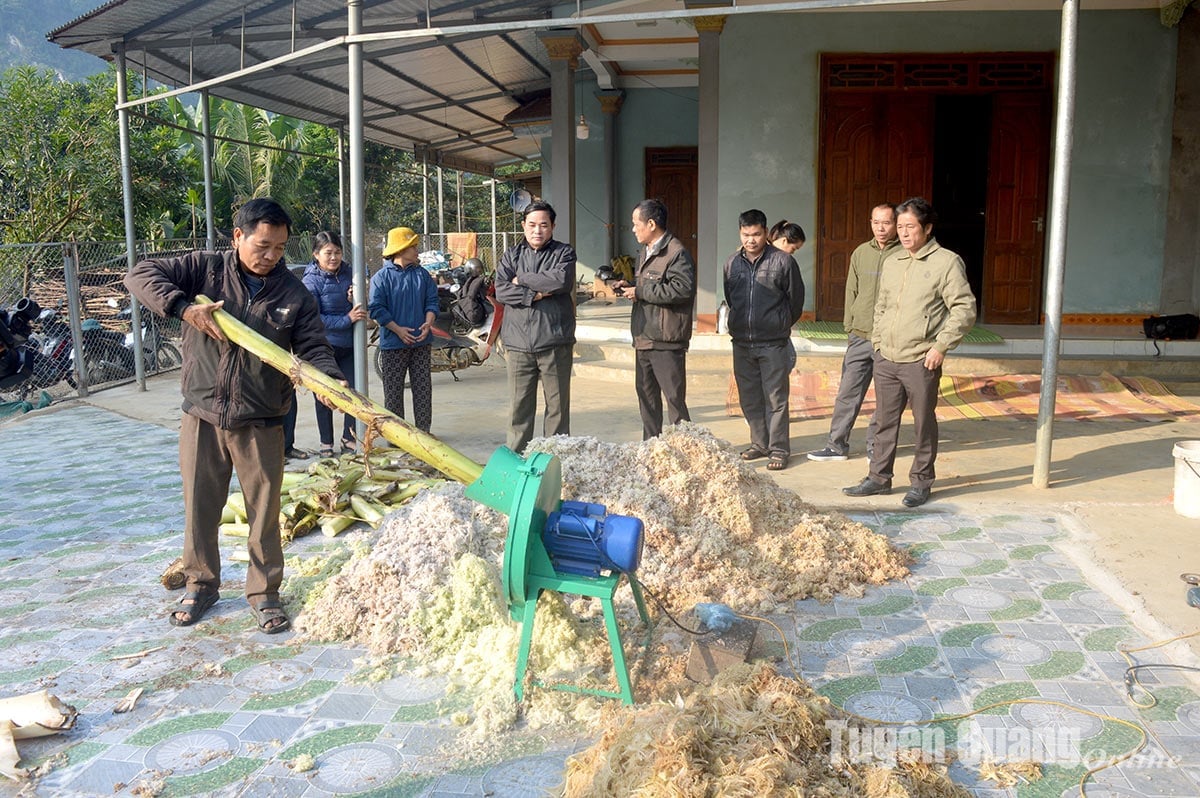
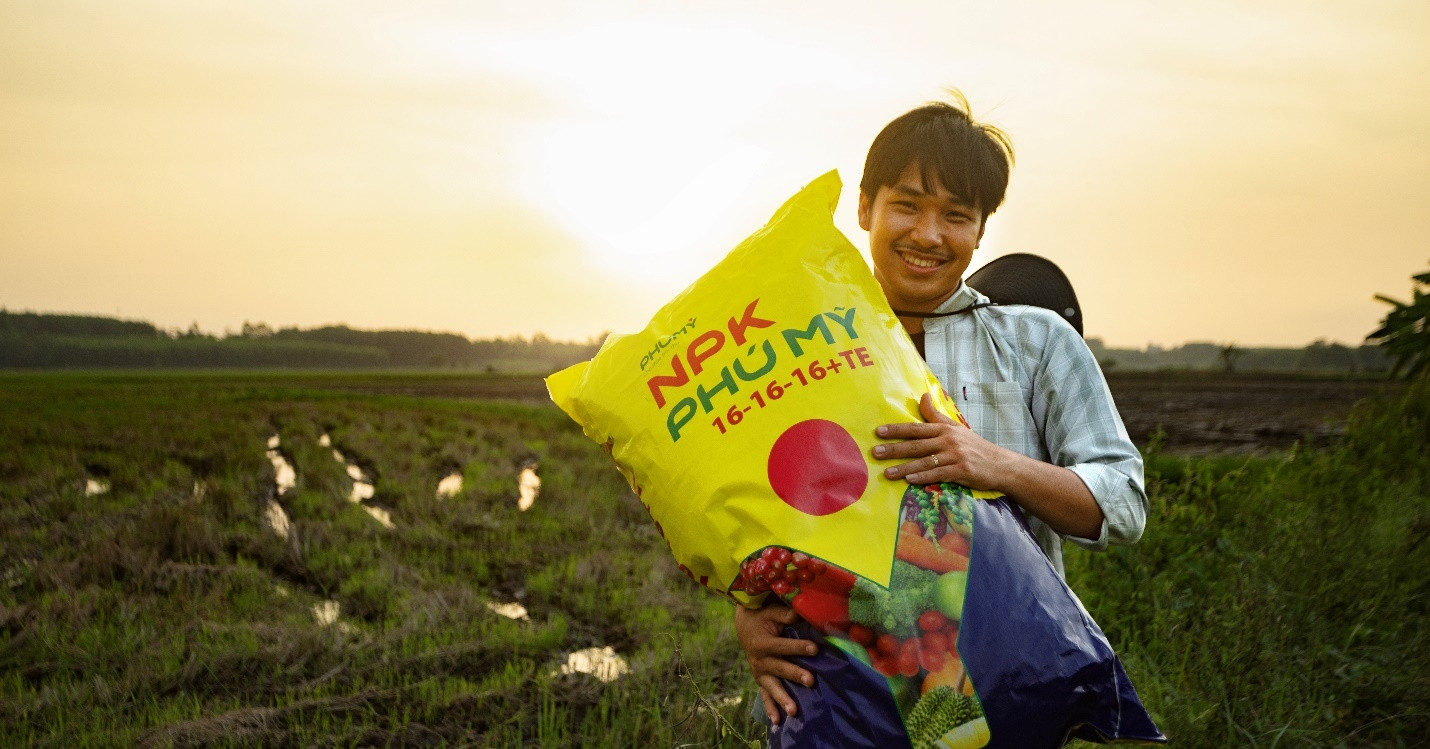


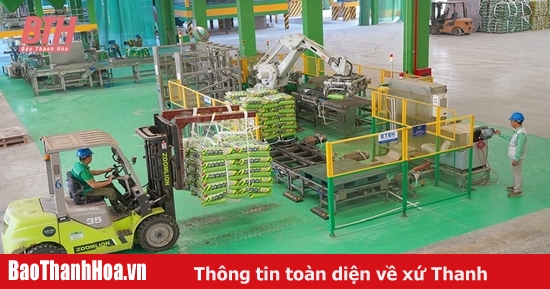


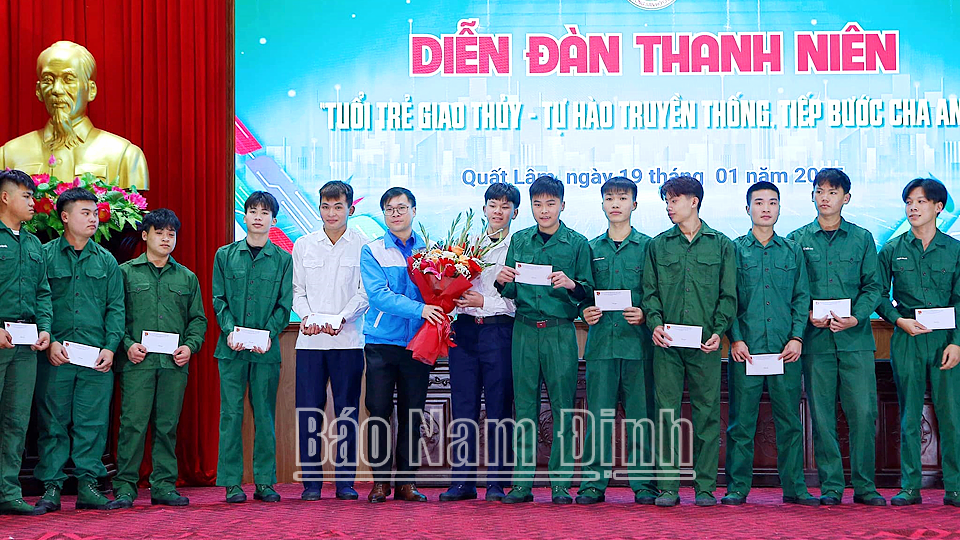
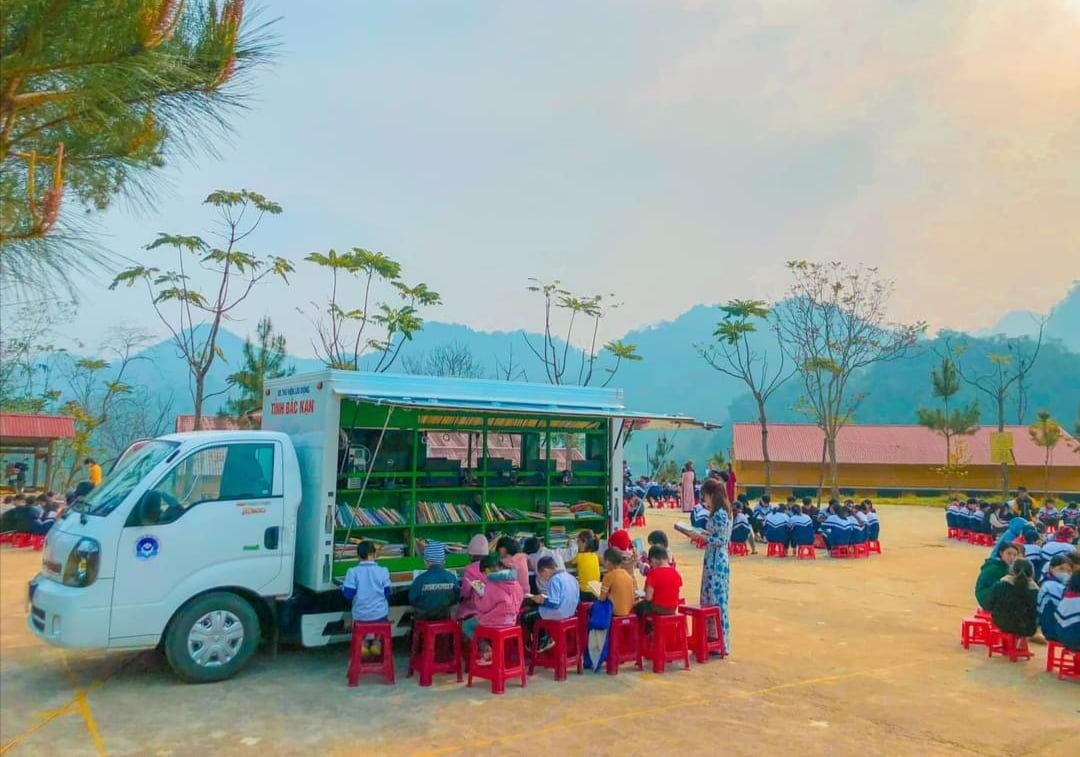
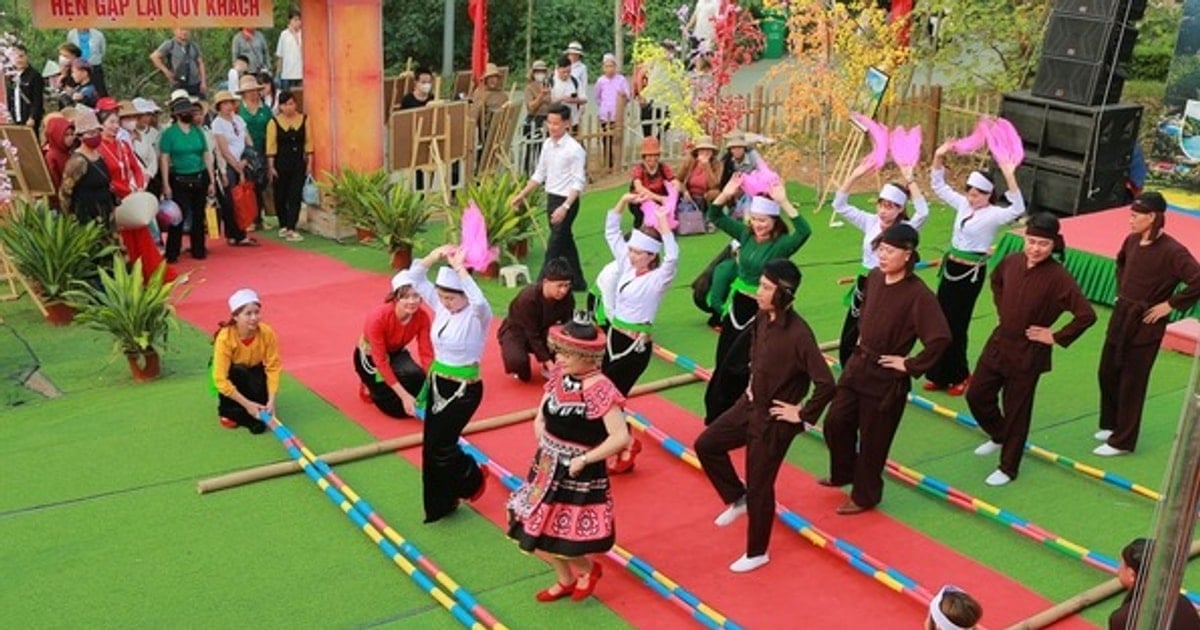









































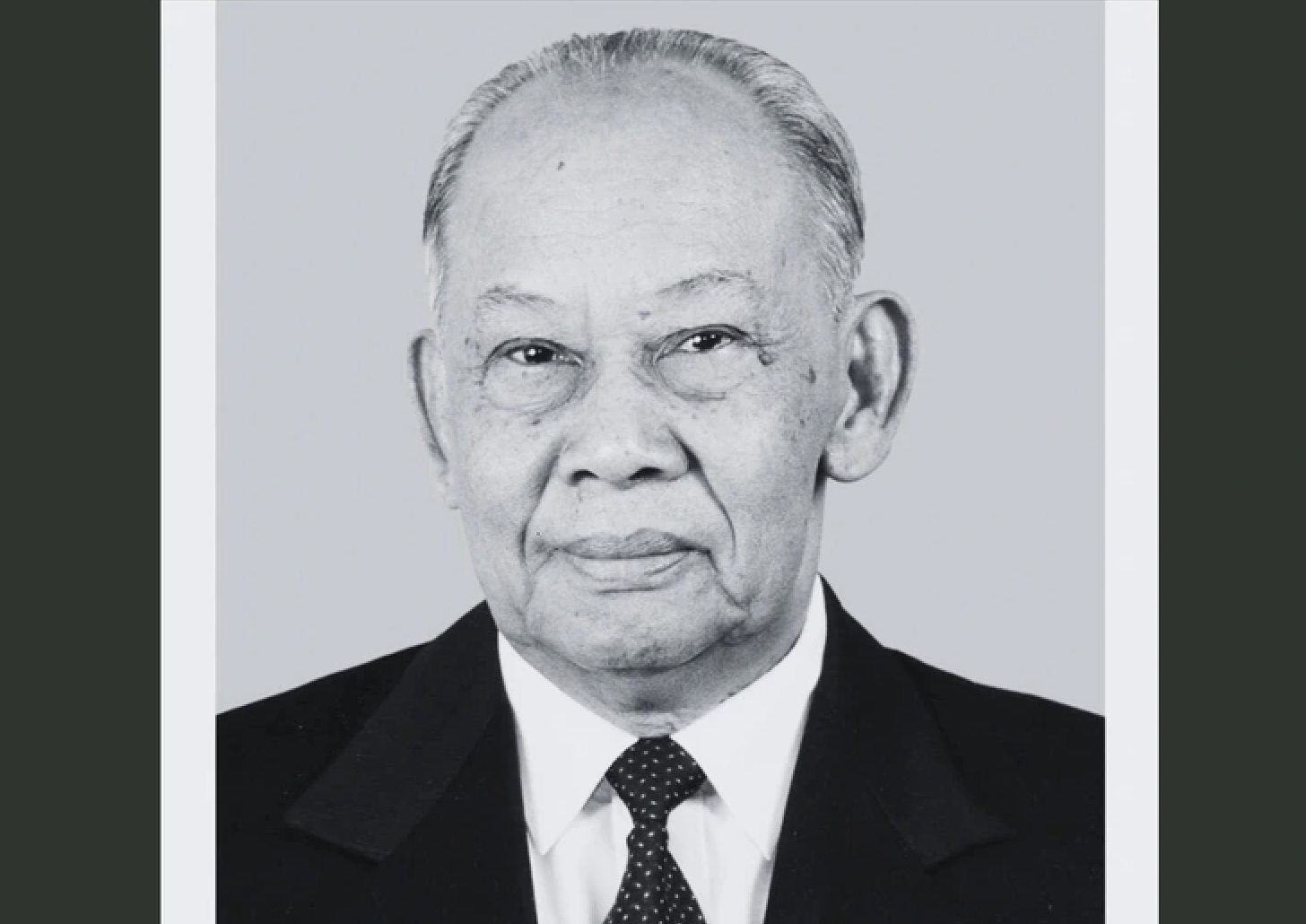








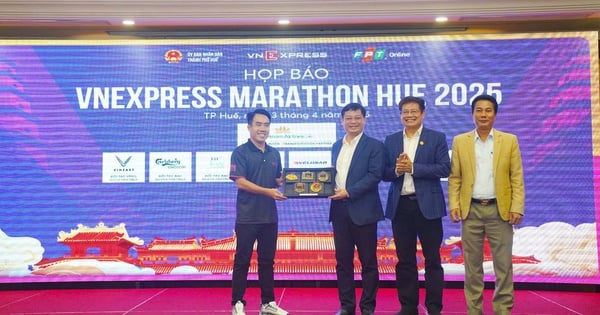

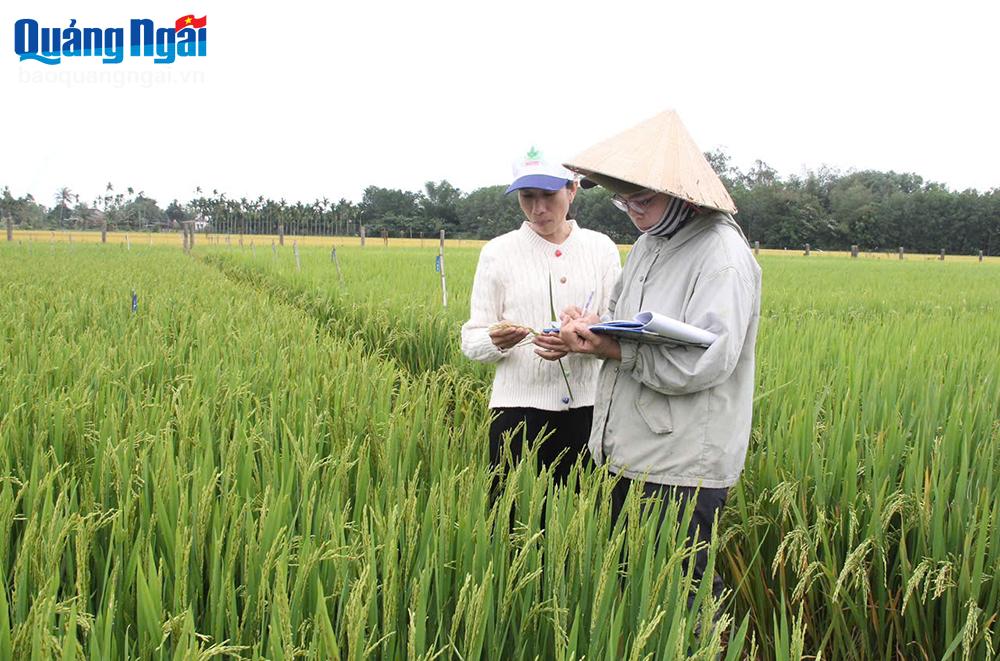


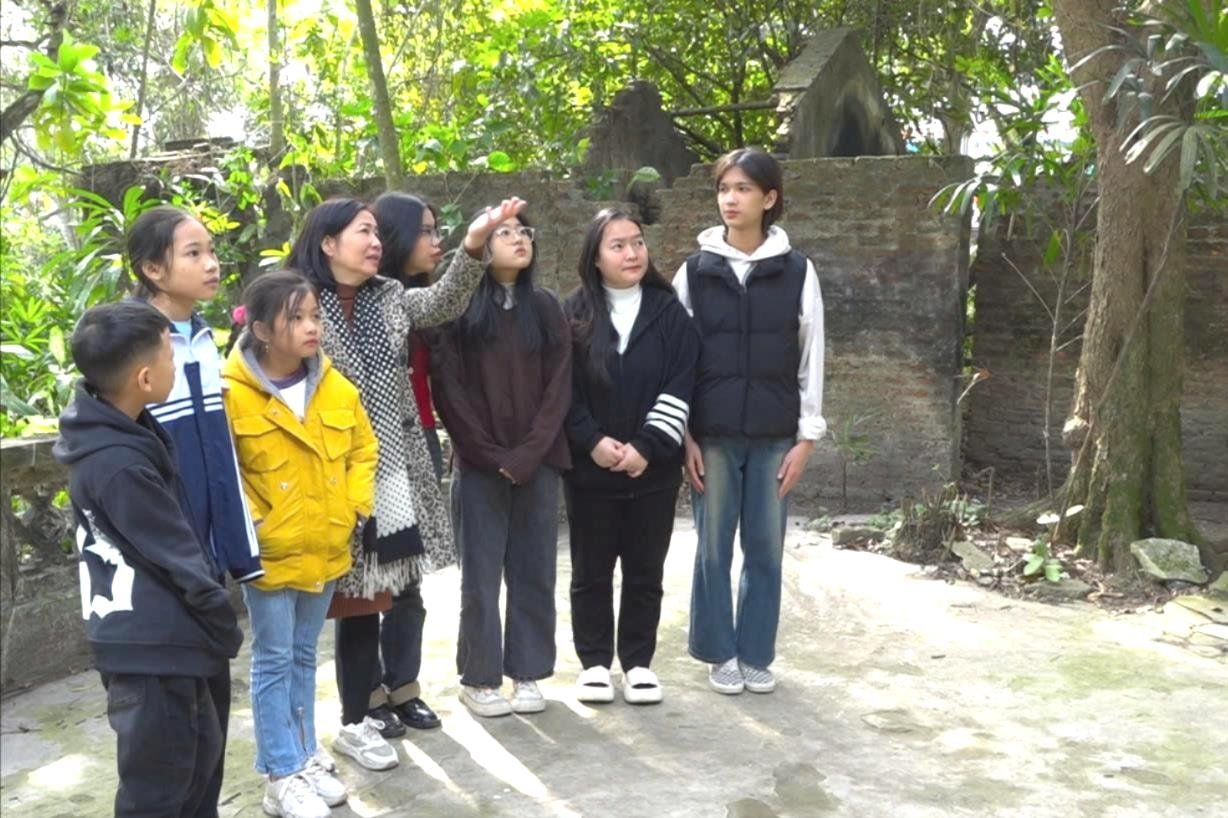



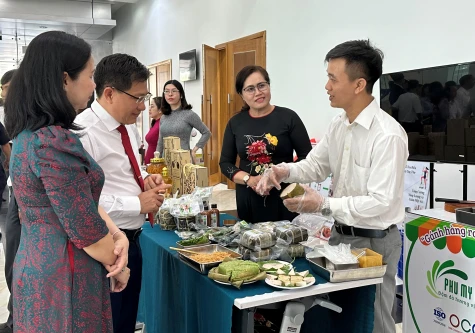







Comment (0)